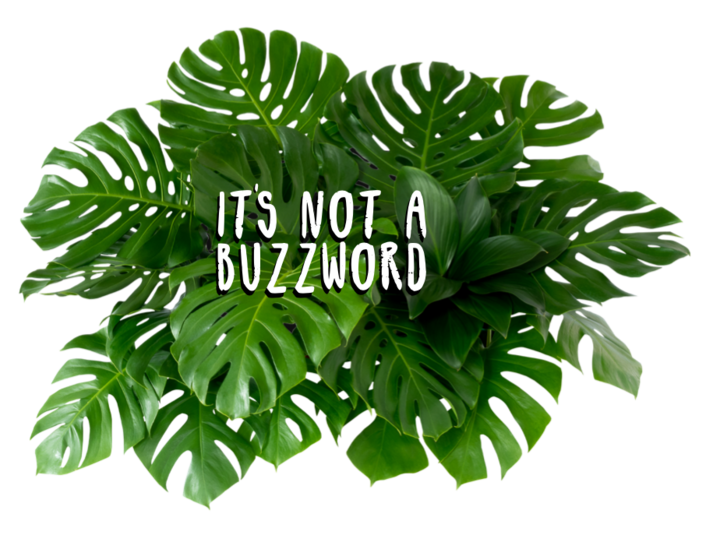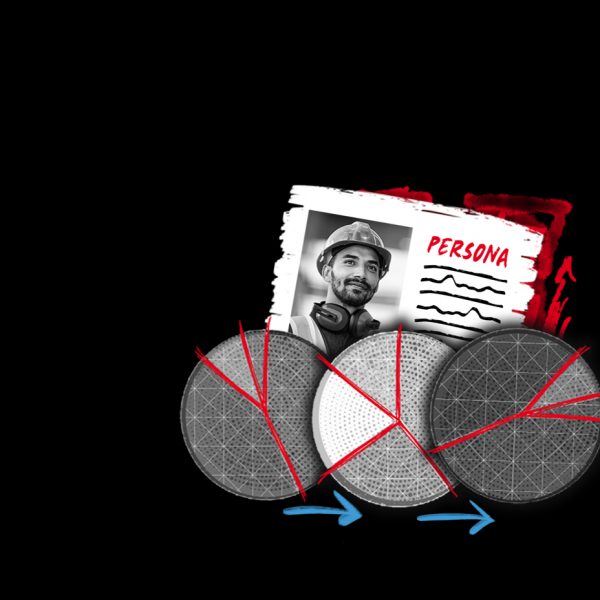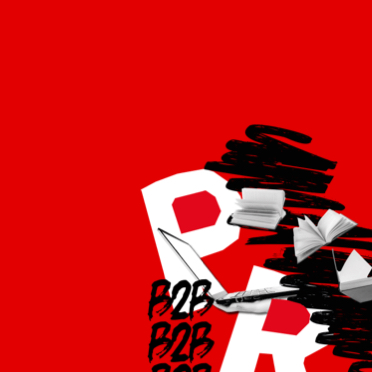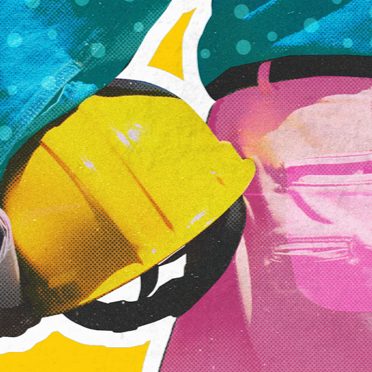Sustainability is far from a new topic, but over the last year we’ve seen a notable increase in the number of organisations in sectors like construction and engineering talking up their green credentials.
This can be a double-edged sword – not only because of how important it is to, well, our survival as a species, but also because as consumers we’ve faced years of annoying greenwashing that we’re getting pretty good at seeing right through. This means there’s a real risk you’re opening your brand up to more criticism than praise. So how can businesses communicate well – and ethically – on sustainability?
First up, a disclaimer. We don’t believe the value of sustainability is up for debate. As a planet we need to balance our environmental, social and economic needs for the long term. And we need to do it quickly. (Brag – we were recently certified PAS 2060 carbon neutral.)
But this urgency doesn’t give marketers a free pass to brandish sustainability about like a slogan. It’s not a buzzword to drop in when you need to grab someone’s attention. Unfortunately, greenwash bullshit isn’t just the preserve of consumer brands – plenty in B2B are guilty of it too.
The most important thing to remember, as with any good communications campaign, is to put deeds before words; the “truth well told” and all that. If you’re not actually making any headway on operating in a more sustainable way, then shut up. No one needs to hear your waffle and you’re making things worse for your brand.
At its root, this is about honesty and acknowledging that there are very few – if any – truly sustainable businesses right now. The likes of Patagonia might get closer than most, but they’re very much the exception.

For the vast majority this is a work in progress and that’s fine, you don’t need to be offering a panacea. Your audience is probably looking for meaningful discussion, a clear idea on your plans and what stage you’re at. This in itself is useful information to communicate as it’s going to help your customers make an informed decision.
Perhaps it should go without saying, but any sustainability comms need to still be rooted in your understanding of the audience and what they want from your brand. A recent article on consumer attitudes to sustainability by VCCP outlines the risk of a blanket approach to this:
“… for over 80% of people, believing in ESG issues bears no relationship to actually behaving differently. And just 17% of people have looked up a brand’s sustainability or D&I credentials.
To derive value from values, we need to decrease the gap between attitude & action. We can only do this if we really understand which consumers actually have a propensity to change, and which messages within ESG will actually attract them.”
The same point stands, broadly, for B2B. Some people will have a vested interest either personally or professionally in sustainability. Specifiers, for example, may have a specific interest in learning about a firm’s sustainability credentials if they’re seeking for ways to drive down the carbon footprint of their designs. They’re going to want to know not only how your product might enhance environmental performance, but also what its embodied carbon from the likes of manufacture and transport looks like.
But not everybody’s seeking to build to Passivhaus standards. A sub-contractor under the gun to deliver work pronto so they can pay their team isn’t likely to have sustainability at the top of his priority list – whether they’re one of the few to put their personal beliefs into action or not. In this case, you could have the most worthwhile sustainability message and most effective campaign but it’s simply not going to land – because it’s not aligned with the audience’s requirements.
Fundamentally, it’s critical that sustainability doesn’t get a hall pass from marketing best practice. Consider carefully what you can say in a credible way and shut your mouth on anything you can’t. How you then communicate needs to be adapted to your audience – not some blanket green campaign that doesn’t take differing requirements into account.


